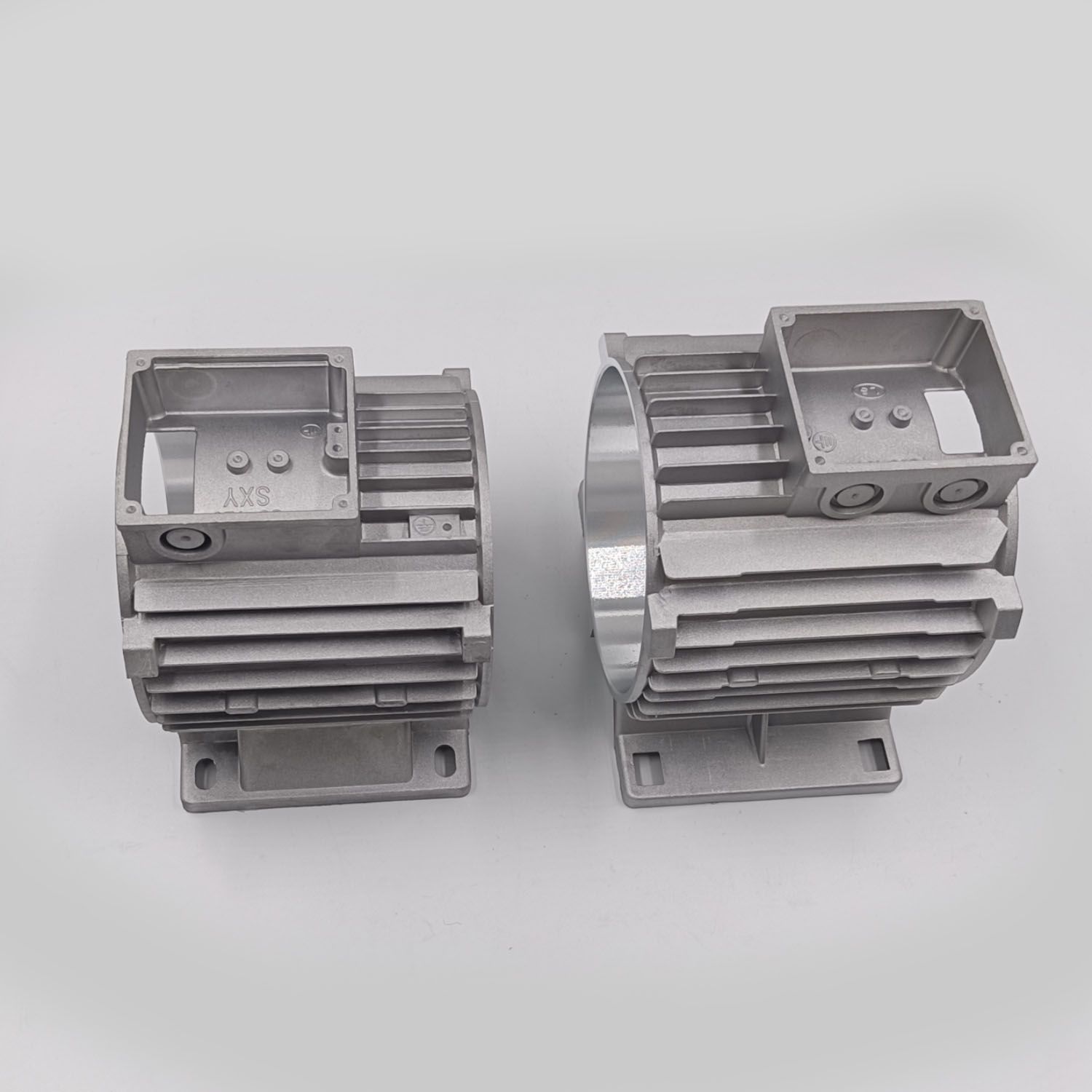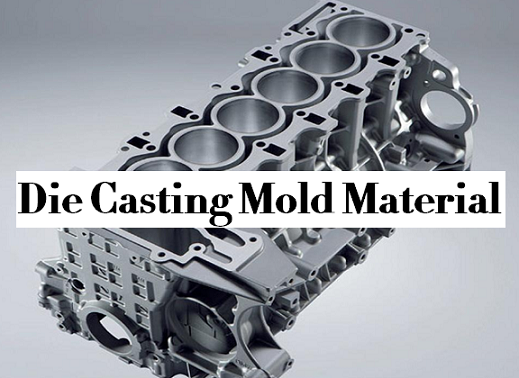The 3-Minute Rule for Stahl Specialty Company
The 3-Minute Rule for Stahl Specialty Company
Blog Article
Getting The Stahl Specialty Company To Work
Table of ContentsThe Facts About Stahl Specialty Company RevealedStahl Specialty Company Can Be Fun For AnyoneSome Known Details About Stahl Specialty Company The 25-Second Trick For Stahl Specialty CompanyThe Single Strategy To Use For Stahl Specialty CompanyStahl Specialty Company Can Be Fun For Anyone

If you're developing a metal item, you have actually likely taken into consideration utilizing light weight aluminum as the base material. It has a high strength-to-weight proportion, excellent deterioration resistance, great formability, and visual appeal. These aspects have brought about its increased popularity in recent times. Pure aluminum has limited applications, so it is commonly incorporated with various other aspects, such as silicon, magnesium, and manganese to form alloys.
Various aspects and amounts create a wide array of preferable physical and chemical properties. And the Light weight aluminum Association (AA), based in The United States and copyright, has created specifications that regulate light weight aluminum alloys' make-up, buildings, and classification. There are two kinds of aluminum alloys functioned and cast. Shop employees create these alloy key ins different methods, which substantially impacts their features.
Stahl Specialty Company Fundamentals Explained
Cast light weight aluminum alloys are made by melting pure light weight aluminum and incorporating it with various other steels while in fluid kind. After that the mix is put right into a sand, pass away, or investment mold and mildew. After solidification, the metal is gotten rid of from its mold. At this phase, it remains in either its last form or as a billet or ingot for more handling.

160.0 represents a cast with a minimum of 99.60% light weight aluminum. The fourth digit, which follows the decimal factor, defines if the alloy is a spreading (xxx. 0) or an ingot (xxx. 1). Wrought aluminum alloys likewise begin by incorporating molten aluminum with various other steels. In comparison to cast alloys, nevertheless, they are developed right into their last form with procedures such as extrusion, rolling, and flexing after the steel has strengthened right into billets or ingots.
There are several small differences in between wrought and cast light weight aluminum alloys, such as that cast alloys can have extra substantial amounts of other steels than functioned alloys. Yet one of the most notable difference between these alloys is the construction procedure where they will certainly most likely to deliver the final product. Apart from some surface area therapies, cast alloys will exit their mold in practically the precise solid kind preferred, whereas wrought alloys will certainly undergo a number of alterations while in their strong state.
If you assume that a functioned alloy might be the best for your project, have a look at a few of our articles that discuss more about details functioned alloys, such as Alloy 6061 and Alloy 6063. On the various other hand, if you assume an actors alloy would certainly be much better for you, you can find out more concerning some actors alloys in our Alloy 380 and Alloy 383 short articles (coming soon).
More About Stahl Specialty Company
When selecting a light weight aluminum foundry for your manufacturing needs, it's crucial to study several variables. Among the most essential aspects to take into consideration is the experience and capability of the foundry. aluminum foundry. Picking a shop that has the best knowledge of the aluminum casting process, and the profile to show for it, aids to have an effective outcome for your project
Having the experience and market knowledge to engineer your spreadings for ideal manufacturing and high quality outcomes will simplify the task. Making aluminum spreading calls for a complex set of processes to attain the ideal results. When deciding on a brand-new light weight aluminum shop to my site partner with, ensure they have considerable market experience and are experienced concerning all elements of the aluminum casting process: layout, manufacturing, product evaluation, and product testing.
The foundry must additionally have a tried and tested performance history of delivering exceptional products that fulfill or surpass consumer expectations. Quality assurance needs to additionally go to the top of your list when selecting an aluminum factory. By working with a certified shop that adheres to the standards for quality assurance, you can secure the honesty of your product and guarantee it meets your specifications.
By selecting a company that supplies services that satisfy or exceed your product demands, you can be sure that your job will be completed with miraculous accuracy and effectiveness. Certain light weight aluminum factories concentrate on particular kinds of making processes or casting approaches. Various components require different production strategies to cast light weight aluminum, such as sand casting or pass away spreading.
Some Of Stahl Specialty Company
Pass away casting is the name offered to the procedure of producing complex metal parts through use mold and mildews of the element, likewise called dies. The process uses non-ferrous metals which do not consist of iron, such as aluminum, zinc and magnesium, due to the desirable residential or commercial properties of the metals such as reduced weight, higher conductivity, non-magnetic conductivity and resistance to rust.
Pass away spreading production is quick, making high manufacturing levels of elements very easy. It creates even more parts than any other procedure, with a high degree of precision and repeatability. To read more concerning die casting and pass away casting products made use of while doing so, kept reading. There are three sub-processes that drop under the classification of die spreading: gravity die spreading (or long-term mold spreading), low-pressure die casting and high-pressure die casting.
No matter of the sub-process, the die casting procedure can be broken down right into 6 steps. After the pureness of the alloy is evaluated, passes away are produced. To prepare the needs spreading, it is vital that the passes away are tidy, to ensure that no residue from previous manufacturings remain. After cleaning, the ejection lubrication is put on the die to make certain a smooth release.
Stahl Specialty Company Things To Know Before You Get This
The pure metal, also referred to as ingot, is included in the heater and maintained at the molten temperature of the steel, which is then moved to the shot chamber and injected into the die. The pressure is then preserved as the metal strengthens. Once the steel strengthens, the cooling procedure begins.
(https://www.cybo.com/US-biz/stahl-specialty-company_1P)
The thicker the wall of the component, the longer the cooling time due to the amount of indoor metal that likewise requires to cool. After the component is completely cooled down, the die halves open and an ejection system presses the element out. Following the ejection, the die is shut for the next shot cycle.
The flash is the additional material that is cast throughout the procedure. This need to be cut off using a trim tool to leave just the primary component. Deburring removes the smaller items, called burrs, after the cutting process. The element is brightened, or burnished, to give it a smooth finish.
An Unbiased View of Stahl Specialty Company

Zinc is among the most previously owned alloys for die spreading due to its lower price of basic materials. It's likewise one of the stronger and steady steels. Plus, it has superb electric and thermal conductivity. Its corrosion resistance additionally allows the elements to be long-term, and it is one of the more castable alloys because of its lower melting factor - Foundry near me.
As mentioned, this alloy is one of the most commonly utilized, yet produces will, at times, choose light weight aluminum over zinc because of aluminum's production benefits. Aluminum is very economical and one of the extra flexible alloys. Aluminum is utilized for a variety of different items and markets anything from home window structures to aerospace materials.
Report this page